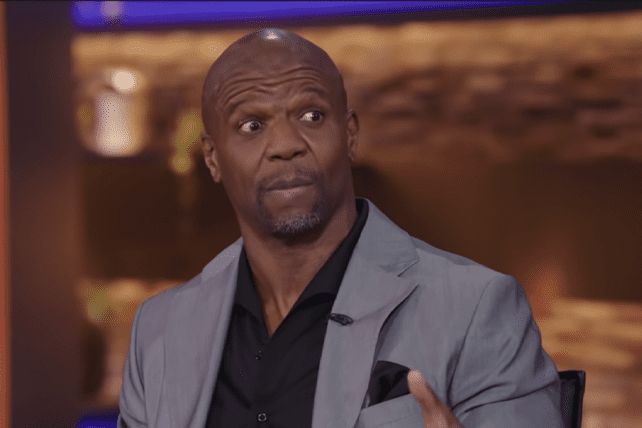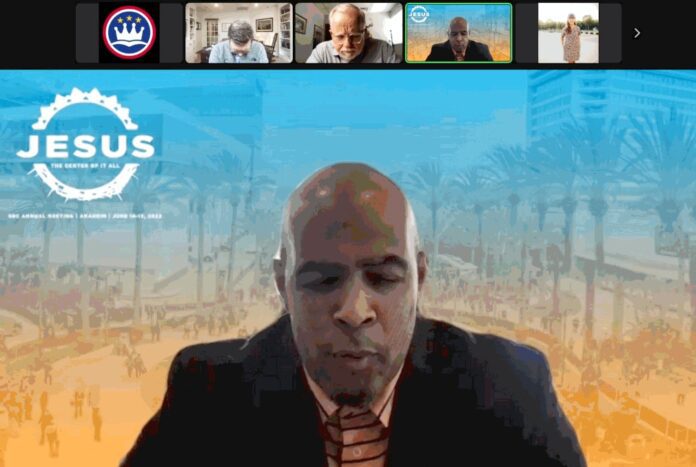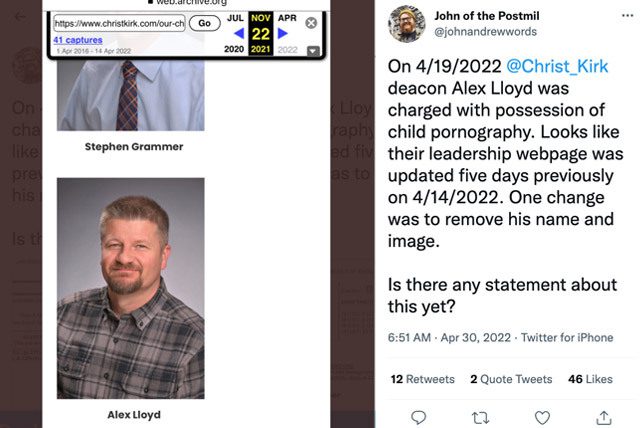Writing on the worship leader as a spiritual guide made me want to explore what prophetic worship leaders as prophet and as pastor might look like. Let’s look at the “prophet” first.
Prophetic Worship Leaders
Our impression of a prophet is one who predicts the future. But in more fully Biblical sense, a prophet is one who sees what God sees (one of the Hebrew words for prophet is literally, “seer”), and then “speaks” to God on the people’s behalf and to the people on God’s behalf (the other Hebrew word for prophet means “spokesperson.”) The venerable Old Testament scholar, Walter Brueggemann, in his classic book, “Prophetic Imagination”, describes the prophet as one who sees an alternate vision of reality. That vision, then, leads to both criticizing and energizing.
First, the criticizing. We don’t like this word, but in the “prophetic tradition” in Scripture, the prophet brings a word of criticism against the “Empire.” Moses looms large in Israel’s story as the greatest prophet because he confronted the mighty Pharaoh and led God’s people out of bondage and oppression. Following in this great “prophetic” tradition, many of the prophets to Israel and Judah confront the kings of Israel and Judah who have, in a shocking turn of events, have become just like the Pharaoh they were saved from– they were Empire-building kings who exploited the poor and oppressed the needy for the sake of building an “economy of affluence” and a “religion of satiation.” (All of this sounds familiar, I know.)
How does the prophet bring this word of criticism? Primarily, Brueggemann says, through the “language of grief.” Jeremiah is a prime example of this. By refusing to buy the party line of “Peace, peace”, Jeremiah weeps over the people of God– for their sin, for their stubbornness, for their rejection of him as God’s messenger (See: Jer. 20). Jesus does a similar thing when, arriving in Jerusalem near His death, he weeps over the city. Tears have a long heritage in the prophetic tradition of the Scripture.
Now, the energizing. Here, the prophet is not addressing the powers that be– the rulers and Empires– but the pushed down. He is speaking to the marginalized and the oppressed. In fact, he is often speaking on behalf of them to God.
What does he say to energize them? The prophet, based on the alternate vision of reality that he sees, energizes the people of God through the language of hope. The example in the Old Testament that Brueggemann uses is Isaiah (or, more technically: “Second Isaiah”– the scribe/author who wrote Isaiah 40-55 or more). “Comfort, ye, comfort ye, my people,” the prophet declares. Jesus does this, famously, in His beatitudes, where He pronounces the poor and powerless to be the ones who are blessed (LUCKY?).
So, what does all this mean for the worship leader?
1. Prophetic Worship Leaders are a poet-prophets.
Art is a prophetic language. The language of grief and the language of hope are languages of poetry not prose. The prophets are not giving details or writing history books; they use imagery and metaphor and hyperbole to paint a vivid picture of what they see. Or they simply just weep. Or they walk with the weak and lift up the broken. Through poetic language and symbolic actions, the prophet speaks the language of grief and the language of hope. The poet can be a prophet.
2. Prophetic Worship Leaders can give voice to grief.
Do any of the songs we write or services we lead give room for people to grieve? The Sunday after the wildfires that destroyed over 300 homes in city, our worship leader gave people space to cry out to God, to place their burdens and sorrows at His feet. The temptation in the aftermath of loss and tragedy is to try to explain. Christians in Colorado were fumbling over each other in the blogosphere to “explain” why things like the Aurora massacre happen. But, I wonder, did we give voice to grief?
























